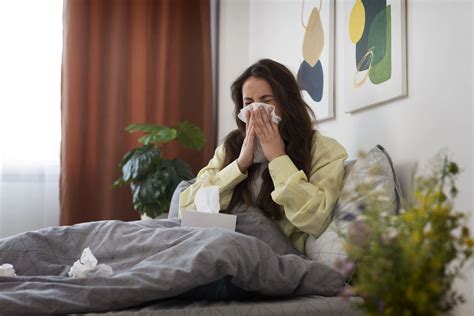How to Stop Uncontrollable Coughing at Night: A Comprehensive Guide
A persistent cough that disrupts your sleep is incredibly frustrating. Nighttime coughing can be especially problematic because it prevents you from getting the restful sleep you need. This comprehensive guide explores the various causes of nighttime coughing and offers effective strategies to help you silence that irritating cough and finally get some sleep.
Understanding the Root Cause of Your Night Cough
Before diving into solutions, it's crucial to understand why you're coughing at night. Many factors can contribute, and identifying the cause is the first step towards effective treatment.
Common Culprits:
- Postnasal Drip: This is a frequent offender. Mucus dripping down the back of your throat triggers a cough reflex, particularly noticeable when lying down.
- Asthma: Nighttime asthma attacks are common, often worsening due to changes in hormone levels and sleeping positions. The resulting coughing can be severe.
- Gastroesophageal Reflux Disease (GERD): Stomach acid refluxing into the esophagus can irritate the airways, leading to a chronic cough, especially at night.
- Allergies: Allergens like dust mites, pet dander, and mold can trigger nighttime coughing, particularly in individuals with allergies.
- Infections: Respiratory infections like bronchitis or the common cold can cause persistent coughing that lingers into the night.
- Medication Side Effects: Some medications list cough as a side effect.
- Underlying Lung Conditions: In some cases, nighttime coughing might signal a more serious underlying lung condition.
Effective Strategies to Stop Nighttime Coughing
Once you have a better understanding of the potential cause (or have consulted a doctor), you can implement these strategies:
1. Elevate Your Head:
Sleeping with your head elevated can help reduce postnasal drip and GERD symptoms. Use extra pillows or a wedge pillow to achieve a gentle incline.
2. Hydrate Properly:
Drinking plenty of fluids throughout the day, especially water, thins mucus and makes it easier to cough up. Avoid alcohol and caffeine, which can dehydrate you.
3. Humidify Your Bedroom:
Dry air can irritate the airways and worsen coughing. A humidifier adds moisture to the air, soothing your throat and lungs. Consider a cool-mist humidifier to avoid burns.
4. Manage Allergies:
If allergies are a contributing factor, take steps to minimize exposure to allergens. This might include using dust mite covers on your bedding, regularly cleaning your home, and avoiding pet exposure in your bedroom. Over-the-counter antihistamines can also be helpful.
5. Use a Saline Nasal Spray or Rinse:
Saline solutions can help clear nasal passages, reducing postnasal drip.
6. Try Over-the-Counter Cough Suppressants:
Consult a doctor before using any medication, especially if you have underlying health conditions. However, for some, over-the-counter cough suppressants containing dextromethorphan or guaifenesin may provide relief. Avoid cough suppressants with codeine unless prescribed by a doctor.
7. Consider Honey:
Many studies suggest honey can be effective in soothing coughs. A spoonful of honey before bed might help. Do not give honey to children under one year old.
8. Quit Smoking:
If you smoke, quitting is crucial. Smoking severely irritates the lungs and airways, exacerbating coughing.
When to See a Doctor
Persistent or severe nighttime coughing that doesn't respond to home remedies warrants a doctor's visit. Seek medical attention if you experience:
- Coughing up blood
- Shortness of breath
- Wheezing
- Chest pain
- High fever
- Cough lasting longer than three weeks
This information is for general knowledge and does not constitute medical advice. Always consult a healthcare professional for diagnosis and treatment of any medical condition. Getting a good night's sleep is essential for your health and well-being. By addressing the root cause of your nighttime cough and implementing these strategies, you can significantly improve your sleep quality and overall health.
